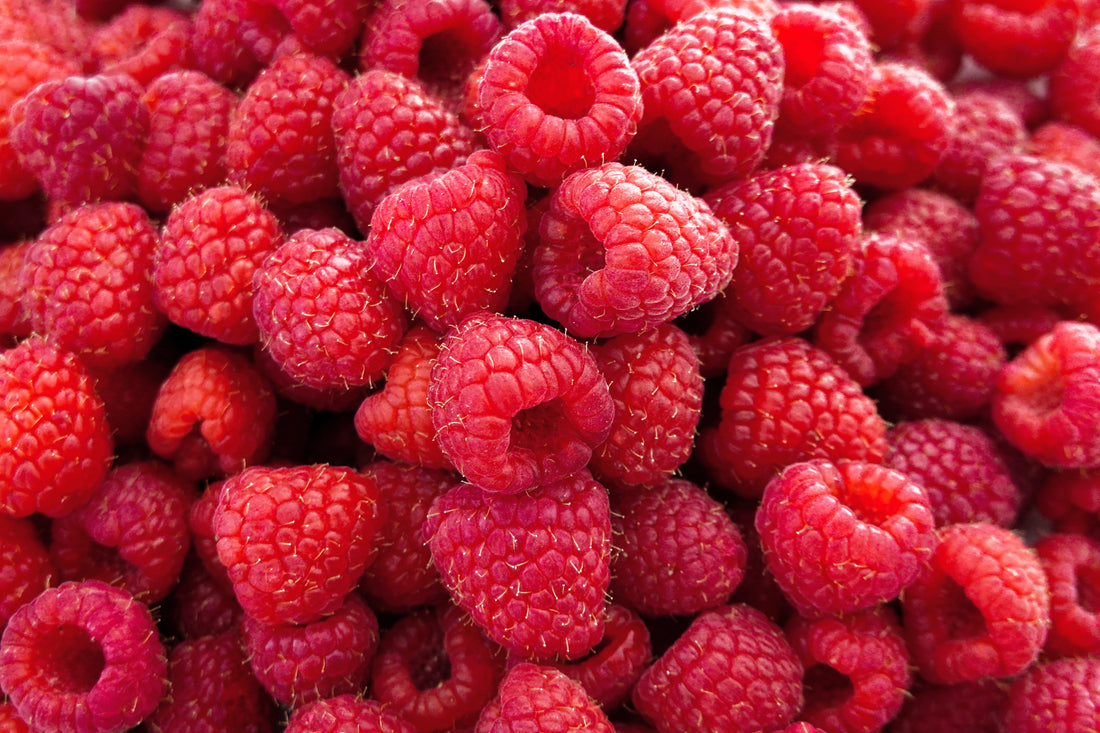
What are antioxidants?
Share
Free radicals
Free radicals are normal by-products of chemical reactions that take place in the body, formed when oxygen interacts with various molecules, just like a cut apple that turns brown when exposed to oxygen. Free radicals contain ‘unpaired’ electrons making them very unstable and highly reactive molecules that seek out and ‘steal’ electrons from other molecules, such as proteins, fats or cell membranes. This process is known as ‘oxidation’ and leads to ‘oxidative damage’ with detrimental effects on cells.
Oxidative damage
Everything from breathing and eating, to pollutant exposure, can trigger oxidative damage. How the body responds to oxidative damage depends on age, genetics, medical history, level of exposure to pollutants and other environmental stressors, including diet and lifestyle.
Antioxidants love working together
The body has its own ‘built-in’ antioxidant network that interacts with free radicals. A balance between free radicals and antioxidants is necessary for good health and a deficiency in antioxidants allows free radical production to escalate and overwhelm the body’s capacity to regulate them. Antioxidants love working together and often interact with each other synergistically to produce a more potent antioxidant effect than the sum total of individual antioxidants, helping to strengthen the body’s antioxidant network.
Benefits of antioxidants
Nature provides an abundance of antioxidants in the form of vitamins, minerals, nutrients and herbs that have the ability to recycle other antioxidants and then replenish themselves. Our top picks include:
- Vitamin C is a key water-soluble antioxidant that supports connective tissue and skin health, collagen health and formation and healthy immune system function.
- Vitamin E is a key fat-soluble antioxidant that supports immune system health and function.
- Zinc supports healthy immune system function, and connective tissue and skin health.
- Selenium is an important component of many of the body’s own enzyme antioxidants, playing a key role in the antioxidant network. See Grape Seed Gold.
- Ubiquinol plays an important role in all energy-dependant processes so supports energy production. Ubiquinol maintains heart and cardiovascular system health and supports sperm and semen health. See Ubiquinol 100mg and See Ubiquinol 150mg.
- Alpha Lipoic acid is a unique water- and fat-soluble antioxidant that regenerates and prolongs the life of other antioxidants and supports energy production, assists sugar metabolism and helps support cellular uptake of glucose. Alpha Lipoic acid also helps to maintain nervous system and blood vessel health. See Alpha Lipoic 300.
- Glutathione is considered the body’s ‘master antioxidant’ and can be found in every cell. See Grape Seed Gold.
- Grape seed contains potent antioxidant compounds known as oligomeric proanthocyanidins (OPCs). Grape seed supports cardiovascular system health, blood vessel and capillary health and healthy vision. See Grape Seed Gold.
- St Mary’s thistle supports liver health, healthy liver function and healthy digestion. St Mary’s thistle is traditionally used in Western herbal medicine (WHM) to protect the liver, support gallbladder health and to relieve digestive discomfort and symptoms of indigestion including abdominal bloating, distension, flatulence and loss of appetite. See St Mary’s Thistle 35 000.
